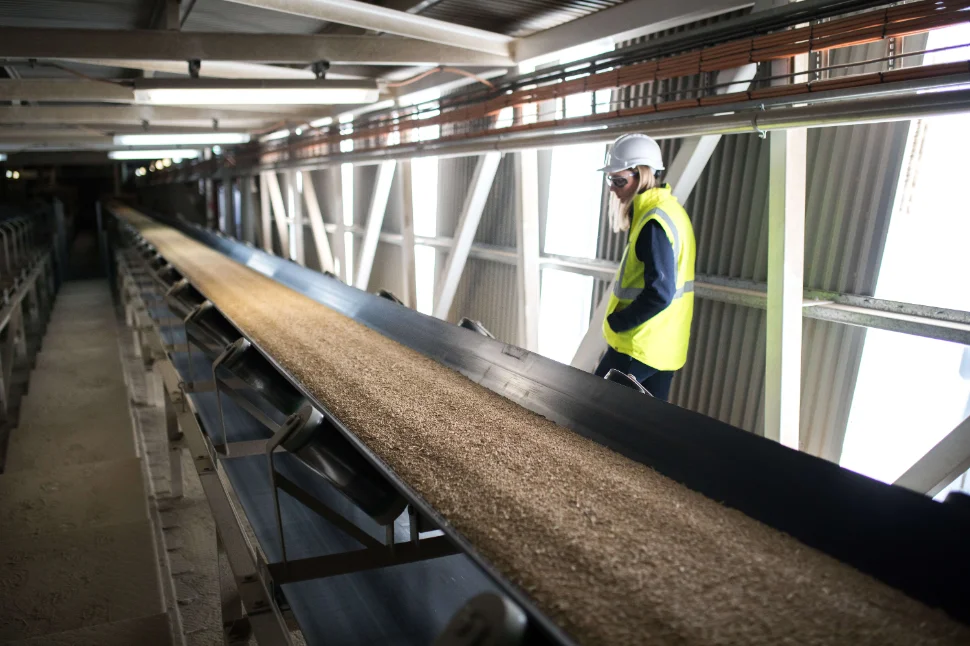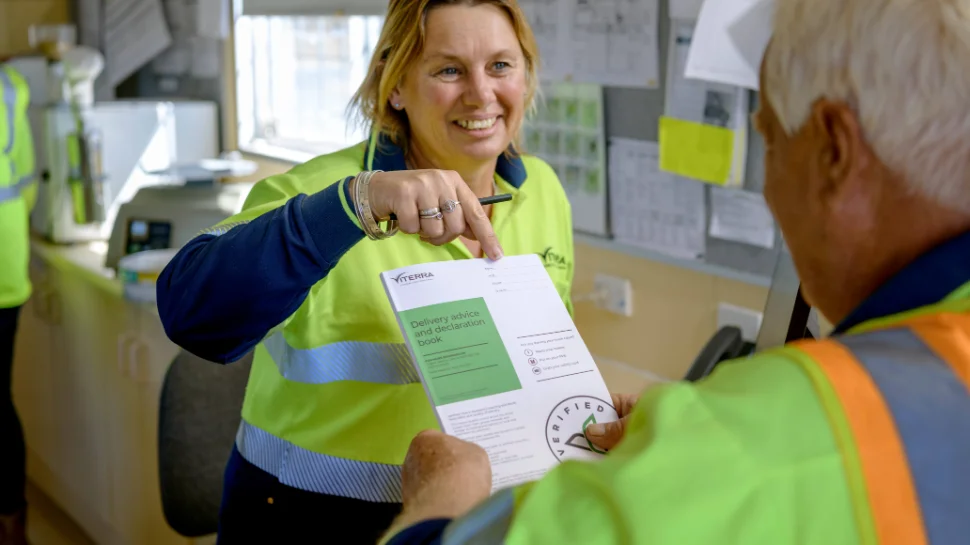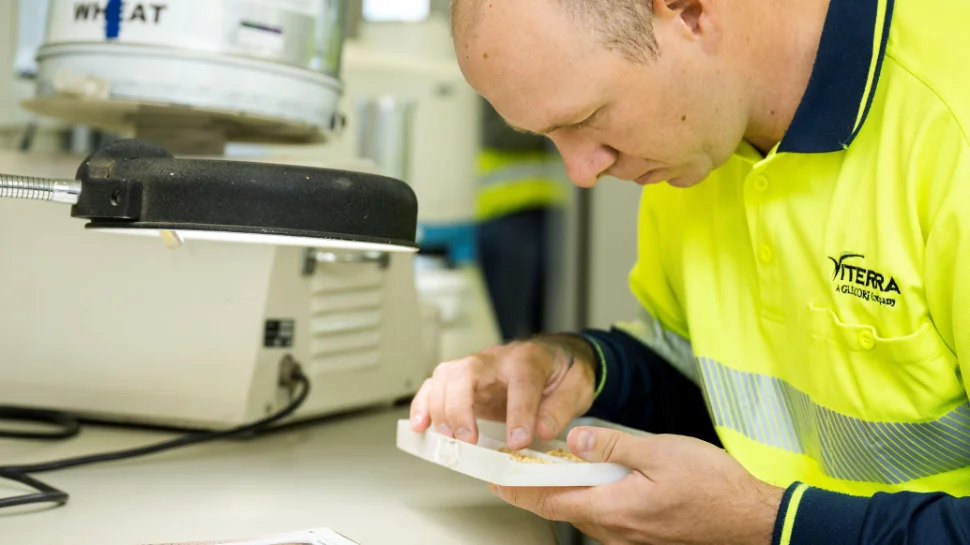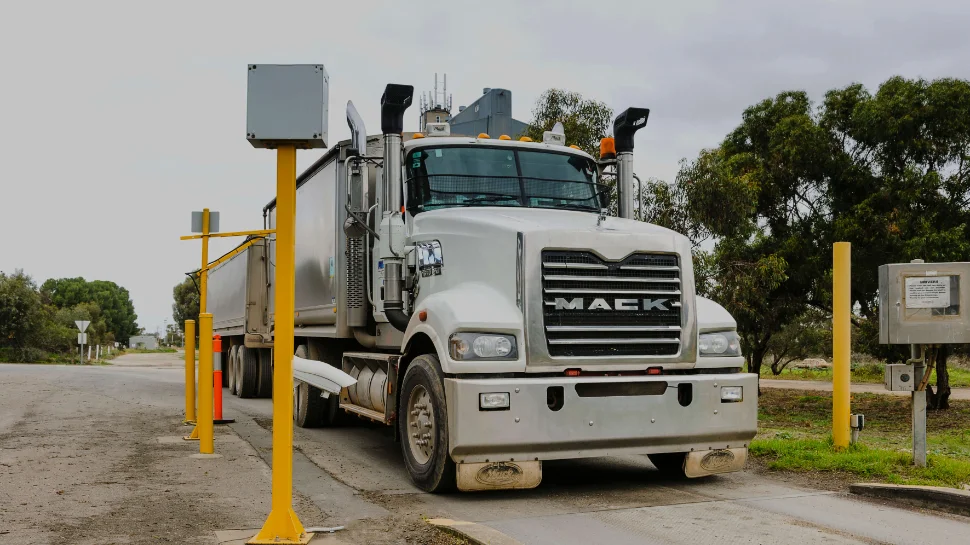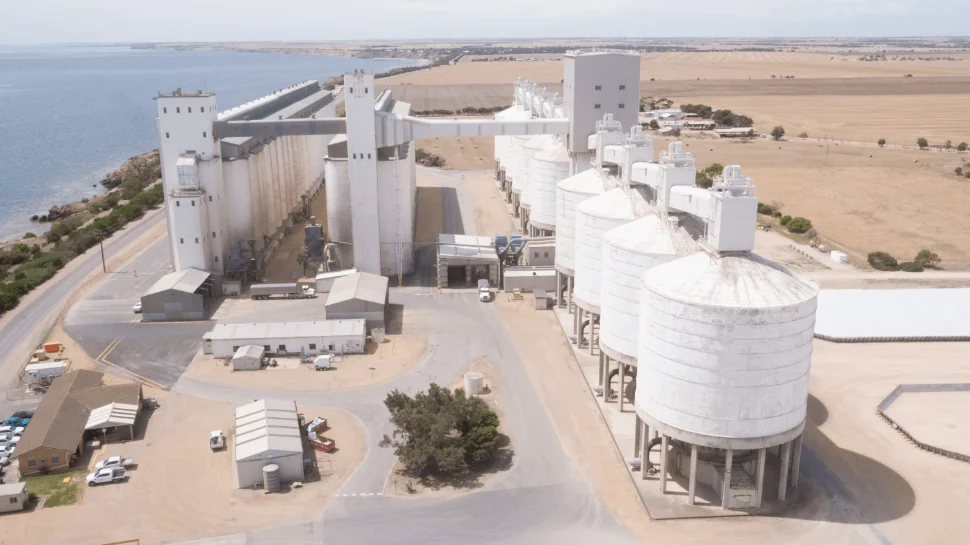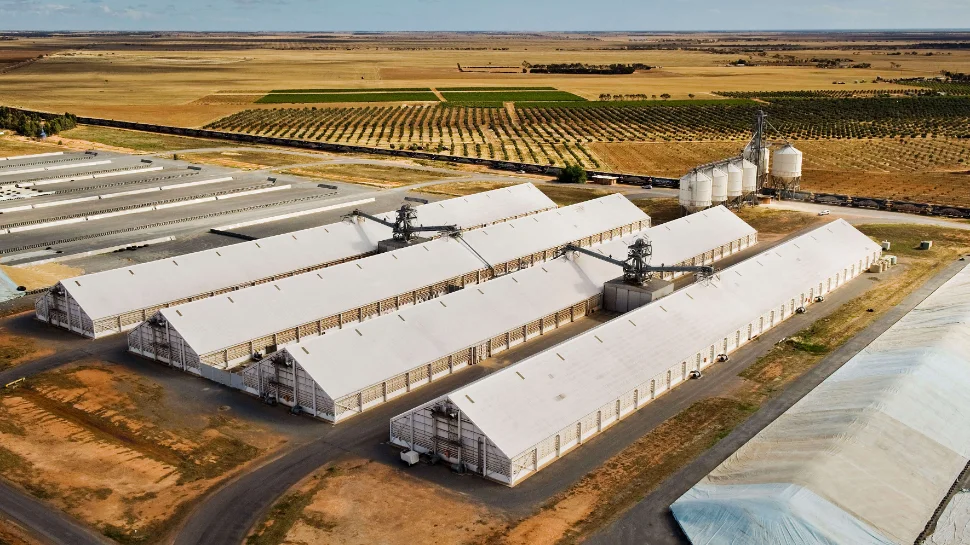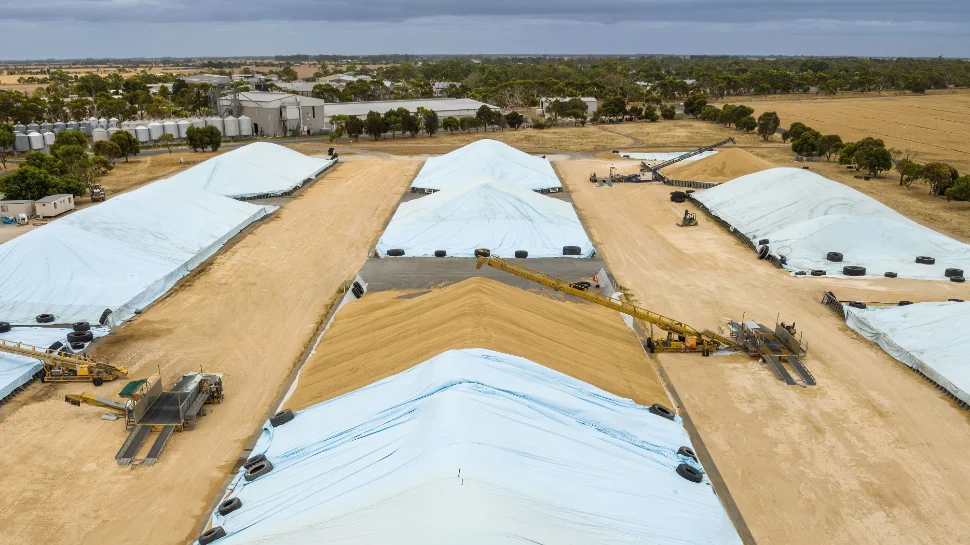This page shows information relevant to our sites in South Australia and western Victoria. Visit bunge.com/Australia for information about delivering to Bunge’s Western Australian sites.
Growers’ role in quality management and food safety
Food safety and quality management is of critical importance to the Australian grain industry.
Growers play a major role in upholding South Australia’s grain quality, protecting its reputation, and continuing to meet end use market requirements.
As part of managing food safety and quality, growers need to ensure they manage contaminants, and chemical applications in line with regulations.
Growers must also make sure that all equipment used for holding, transferring and carrying grain is inspected and cleaned prior to use in line with Bunge's vehicle hygiene requirements. Growers using carriers are required to ensure the carrier’s truck is clean before loading grain, as growers are accountable for the delivery of grain.
Managing chemical residues
Bunge subscribes to the National Residue Survey (NRS) – a crucial part of the Australian system for managing risks of chemical residues in Australian food products.
To support this program, we conduct chemical residue testing on composite partition samples throughout harvest. We may also collect individual grower load samples for chemical residue traceability.
Growers play a critical role in upholding South Australia’s grain quality. When applying chemicals, at all times growers should adhere to:
- withholding periods
- label instructions
- application rates
- safe operating procedures.
It is critical that only registered/approved chemicals are used on crops and any chemicals applied are appropriately declared when delivering grain.
Information on the current Australian chemical registrations and permits can be found on the Australian Pesticides and Veterinary Medicines Authority website.
If a breach to the Australian maximum residue limit (MRL) is detected, Bunge is obliged to provide its traceability results to Biosecurity South Australia which may trigger an investigation.
Any breaches to Australian MRLs may also be followed up through Bunge's contaminated grain process.
Importing countries and end use markets also have varying requirements that need to be met to maintain market access in these countries. Due to the varying requirements, chemical residues present on grain can still be in excess of some market requirements when following label instructions.
A joint statement by the Grains Research and Development Corporation and the National Working Party on Grain Protection regarding label directions and market requirements reminds growers to adhere to all label directions for herbicides used as a dessicant on wheat, durum, other cereal, pulse and oilseed to ensure legal obligations are met and market access is maintained in different countries.
Managing contaminants
All domestic and export markets for Australia’s grain have a low or nil tolerance for chemical residues and contaminants.
To maintain grain quality and access to export markets, Bunge has a nil tolerance for:
- live grain insects
- pickled or treated grain or artificial colouring
- toxic and corrosive materials such as metal
- glass or brittle plastic
- sticks
- rodent/snail bait
- faeces
- fertiliser
- unapproved chemicals
- tainting agents
- live or dead rodents
All equipment used for holding, transferring and carrying grain must be inspected and cleaned prior to use. Particular attention should be paid to augers, bins and harvesters that may not have been used for some time and therefore might contain traces of old or pickled grain, fertiliser (especially with the additive Flutriafol) or rodent control measures.
Growers and carriers have an obligation to cease loading on farm if contaminants are found.
Growers need to be aware that:
- if a contaminant is detected at classification the load will be declined.
- if a contaminant is detected whilst a load is discharging the grower will be financially liable.
Growers using carriers are required to ensure the carrier’struck is clean before loading the grain as growers are accountable got the delivery of grain.
Refer to the full list of contaminants in line with each receival standard.

